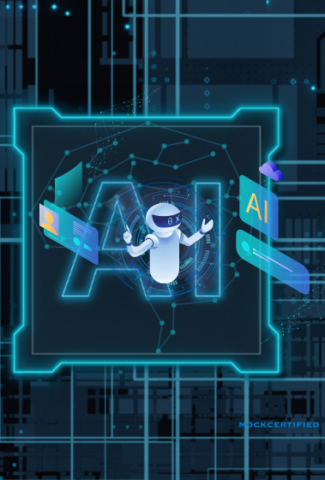
Table of Contents
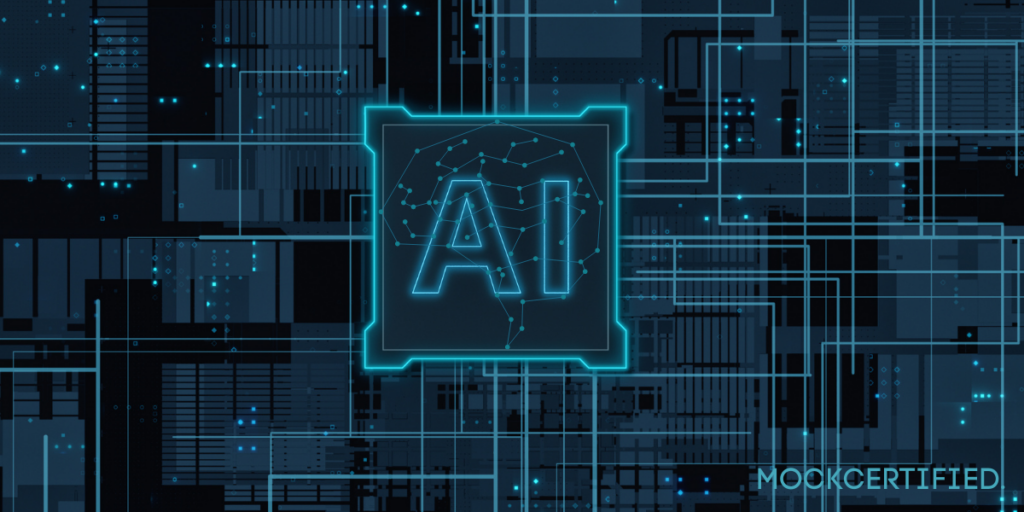
Artificial intelligence (AI) technology has been around for some time but recent advancements have led to massive developments. It has not only caused a significant change in a variety of industries, but also the way people live, work, and how they connect with one another. The concept of creative AI is examined in this article, along with its characteristics, applications, advantages, challenges, and potential future prospects for AI research.
Introduction
Novel AI is the most recent generation of AI technology that imitates human intellect by using sophisticated algorithms, deep learning methods, and cognitive computing. Novel AI systems have the ability to learn and adapt to new conditions, make judgements based on data analysis, and enhance their performance over time, in contrast to classic AI systems that obey pre-programmed rules.
The earliest machine learning experiments by computer scientists date back to the 1950s, which is when AI initially emerged. You can read more about the history of AI here. However, AI technology did not begin to take off and make substantial strides until the 1990s. In the modern day, AI has become a multibillion dollar business that has revolutionised a variety of sectors, including transportation, banking, healthcare, and entertainment.
Characteristics of Novel AI
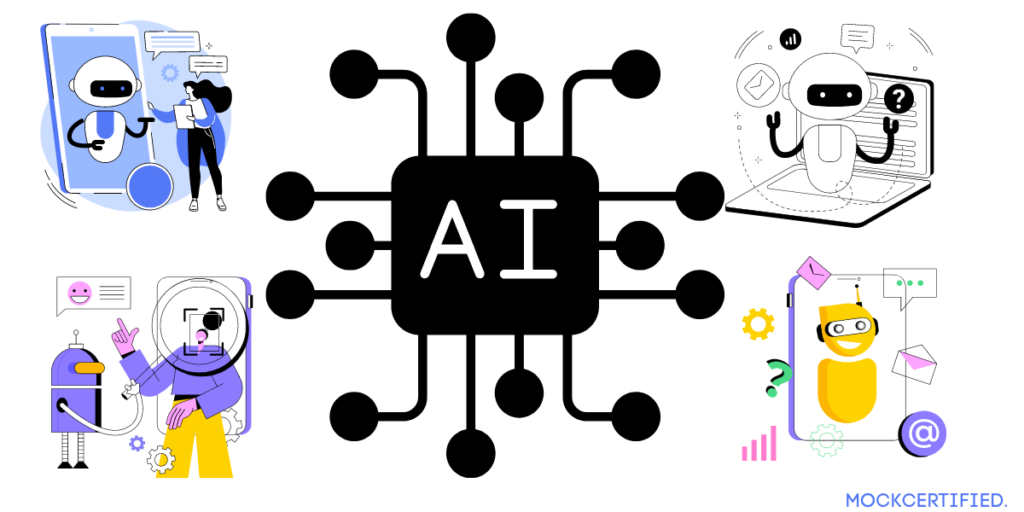
Novel AI systems have several distinguishing characteristics that set them apart from traditional AI systems.
- Machine Learning
Modern AI systems’ key element is machine learning, which gives them the ability to learn from data and make judgements based on that data. Large data sets may be analysed by machine learning algorithms to find patterns, correlations, and trends, which can then be used to provide forecasts and suggestions.
- Natural Language Processing
Machines can comprehend and interpret human language thanks to a field of artificial intelligence called natural language processing (NLP). Text, voice, and other forms of natural language may all be analysed by NLP algorithms to extract meaning.
- Computer Vision
Computer vision is another important feature of novel AI systems that enables machines to interpret visual data. Computer vision algorithms can analyze images and videos and recognize objects, people, and other visual elements.
- Robotics
A subfield of AI called robotics is concerned with creating intelligent machines that can carry out activities on their own. Manufacturing, transportation, healthcare, and other industries all employ robotics technology to boost productivity and cut costs.
- Autonomous Systems
Autonomous systems are self-regulating systems that can decide what to do and how to do it without outside help. These systems are used to increase security, effectiveness, and dependability in sectors including logistics, transportation, and defence.
Applications of Novel AI
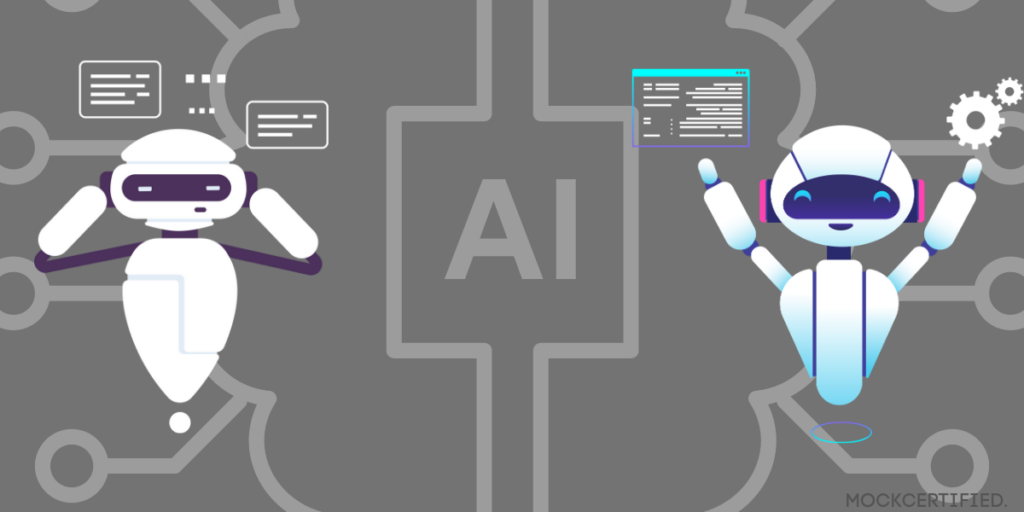
Novel AI technology has numerous applications in various industries. Some of the most promising applications of novel AI include:
- Healthcare
Novel AI systems are being used in healthcare to improve diagnosis, treatment, and patient care. AI algorithms can analyze patient data, medical records, and clinical trials to identify patterns and make predictions about disease progression and treatment outcomes.
- Finance
AI technology is being used in finance to detect fraud, automate trading, and manage risk. AI algorithms can analyze large amounts of financial data and make predictions about market trends, investment opportunities, and potential risks.
- Transportation
To increase security, effectiveness, and sustainability in transportation, novel AI systems are being employed. For instance, self-driving cars employ AI to traverse the road, avoid hazards, and communicate with other vehicles. AI algorithms can also improve traffic flow, ease congestion, and lessen their negative effects on the environment.
- Education
AI technology is being used in education to personalize learning, enhance student engagement, and improve outcomes. AI algorithms can analyze student data, learning styles, and preferences to create personalized learning plans and provide targeted feedback and support.
- Entertainment
To provide consumers more immersive and interesting experiences, AI technology is being applied in the entertainment industry. To provide recommendations for content, personalise advertisements, and improve the viewing experience overall, AI systems may analyse user information, preferences, and behaviour.
Advantages of Novel AI
Novel AI technology has several advantages that make it a valuable asset for various industries. These advantages include:
- Improved Efficiency
AI technology can automate repetitive tasks, reduce errors, and increase productivity, leading to improved efficiency and cost savings.
- Enhanced Precision
AI algorithms can analyze data with greater accuracy and speed than humans, leading to improved precision and better decision-making.
- Increased Safety
AI technology can detect and respond to potential safety hazards more quickly and effectively than humans, leading to increased safety in industries such as transportation, manufacturing, and healthcare.
- Cost Reduction
AI technology can reduce costs by automating tasks, optimising processes, and minimising waste.
- Innovation
AI technology can drive innovation by enabling the development of new products, services, and business models that were previously not possible.
Challenges of Novel AI
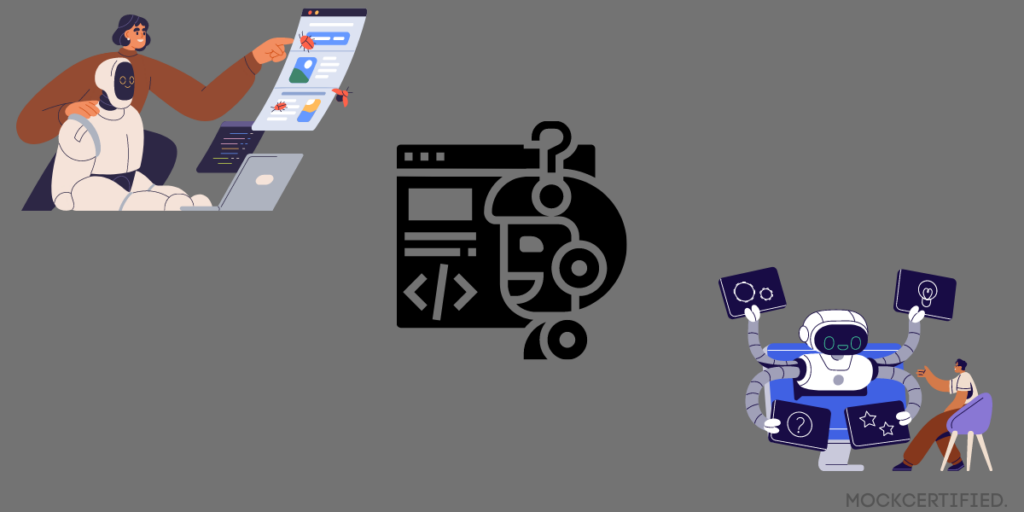
While novel AI technology has numerous advantages, it also poses several challenges that must be addressed. These challenges include:
- Ethical Concerns
AI technology raises ethical concerns related to privacy, bias, discrimination, and accountability. As AI systems become more sophisticated, it becomes more difficult to ensure that they are used ethically and responsibly.
- Cybersecurity Risks
AI technology is vulnerable to cyber attacks, which can compromise sensitive data, disrupt critical systems, and cause significant damage.
- Job Displacement
AI technology has the potential to automate many jobs, such as content writers and small developers, leading to job displacement and economic disruption. This can further lead to significant social and political implications.
- Bias and Discrimination
AI algorithms can perpetuate biases and discrimination if they are trained on biased data or designed with biased assumptions. This can lead to unfair treatment of certain groups and reinforce existing inequalities.
- Privacy Issues
AI technology raises privacy concerns related to the collection, storage, and use of personal data. As AI systems become more pervasive, it becomes more difficult to ensure that personal data is protected and used appropriately.
Future of Novel AI
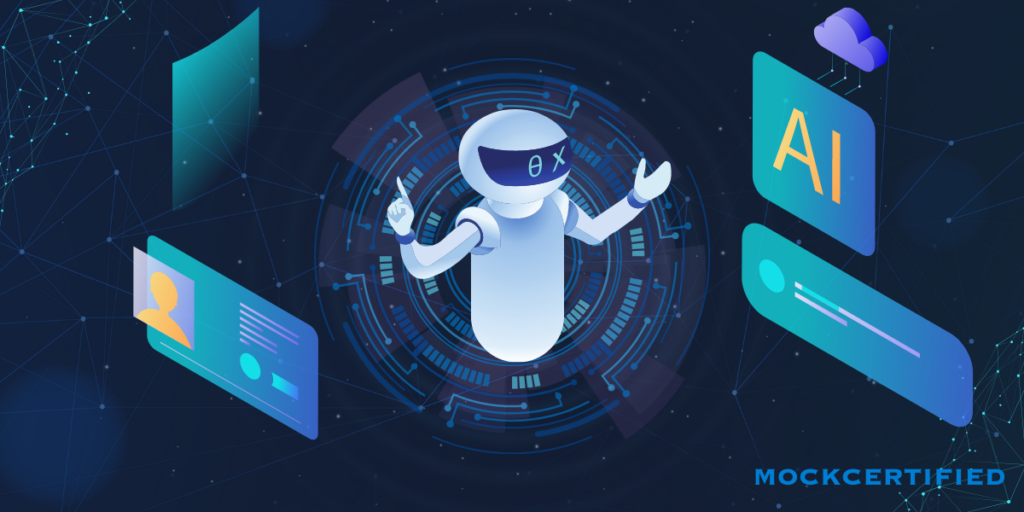
The future of novel AI is both exciting and uncertain. Predictions about the future of AI range from optimistic to dystopian, with some experts predicting that AI will revolutionise society and others predicting that it will lead to significant job losses and social upheaval.
Opportunities and challenges lie ahead for AI technology. The development of novel AI systems has the potential to transform industries, improve our quality of life, and advance scientific research. AI can also pose significant ethical, social, and economic challenges that must be addressed.
Conclusion
Novel AI is a rapidly evolving field that has the potential to transform various industries and shape the future of society. Its advanced algorithms, machine learning techniques, and cognitive computing capabilities enable machines to learn, adapt, and make decisions based on data analysis. While AI technology has numerous advantages, it also poses significant challenges that must be addressed to ensure that it is used ethically and responsibly. It is up to us to navigate the future of AI in a way that benefits society as a whole.
If you liked this article, you can check out more by clicking here



